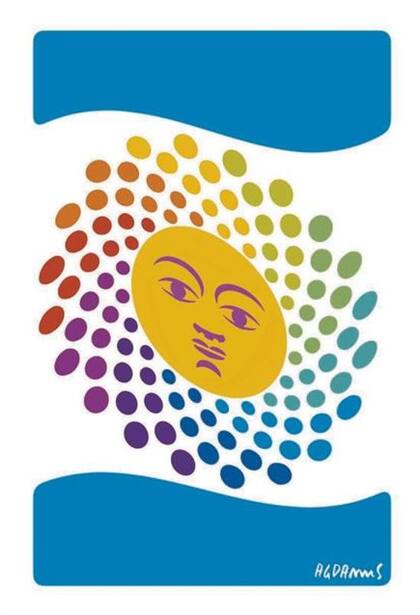
A great challenge for the President
Argentine diplomacy and Macri face the last and most important challenge of the G-20 presidency: the organization of the summit of leaders, which is being held for the first time in South America. This summit poses challenges at various levels, which will test the capacity and prestige of Argentina's political and diplomatic leadership.
This meeting of leaders has a high symbolic and concrete value. There is no other forum where the leaders of the established powers -Trump, Merkel, Macron, Abe and Trudeau-, the emerging ones -Xi Jinping, Putin and Modi- and from the neighbors-Temer / Bolsonaro- meet face to face, and with Macri, the G-20 has become the main forum for cooperation and connection between the various networks of global governance, called "the best possible system in an imperfect world".
Since its initial focus is financial cooperation, its attention has been extended to the subject of sustainable development. Argentina faces this challenge strengthened by the way it has conducted the G-20 during 2018, but also somewhat weakened by economic events at the local level.

The organization of the numerous events has been impeccable and has had an inclusive approach with respect to the developing countries. It has sought to contribute what Chancellor Faurie calls "a look from the south", which was relevant not only for Latin America, but also for the developing countries of Africa and Asia. Thus, they were conceived, under the slogan "Seeking consensus for fair and sustainable development", three main themes: a) the future of work, b) financing of infrastructure and c) sustainable food provision.
But if this initiative was conceived to present an Argentina that progressed and integrated itself into the world, the currency crisis and the request for help from the IMF have affected its credibility to some extent. At the diplomatic level, and acting in an organization in which informal cooperation prevails, the maximum objective must be to act as an honest honest broker (honest mediator), and to be a rule shaper (with influence on the rules). For this, Argentina must take advantage of its positioning in the "end of the world" and stay away from the main geopolitical clashes.
To achieve success we must take into account what was said by Raymond Aron: "It is better to understand the diversity in this world than to dream of a world that does not exist anymore, because we do not love the current one". The current one is distinguished by the degrees of response of the policies in course, typical of a period of transition. But to the answer of the system on the part of the emergent powers, a rule breaker has been added between the established powers: USA. Consequently, we must be aware of the positions of each country in the different topics, including its "red lines".
At the level of foreign policy, the G-20 is a magnificent opportunity to implement a strategy of "diverse horizons", which seeks to maintain positive and simultaneous relationships with the near exterior, the established and emerging powers. Although there are doubts about whether Argentina can maintain the necessary autonomy to act as an honest broker , given the financial support of the IMF and the influence of the US. in that institution, it is progressing successfully. Thus, at the meeting of trade ministers in Mar del Plata, in the midst of the US trade war. and China, it was achieved unanimously to draft a communiqué that manifested the willingness of members to alter some aspects of the WTO to avoid trade wars.
For Macri, the G-20 presents the challenge of guiding this "diplomacy of leaders" with important leaders, assuming a role that can not be delegated and of great prestige for the country, if it is well exercised.
PhD student in International Relations, consultant member of CARI and Cippec





